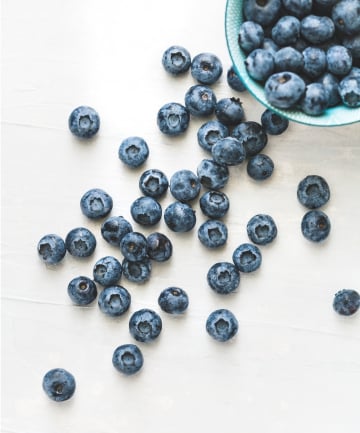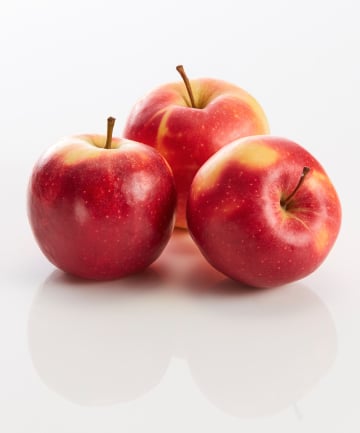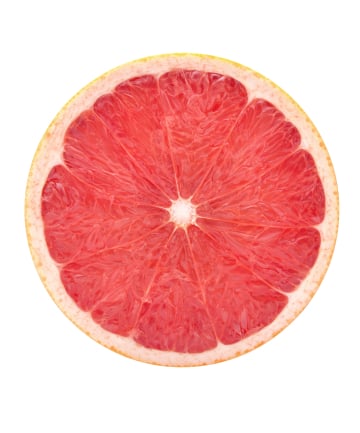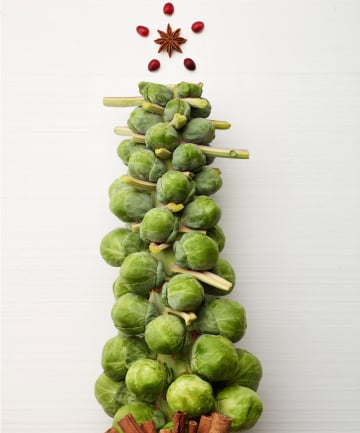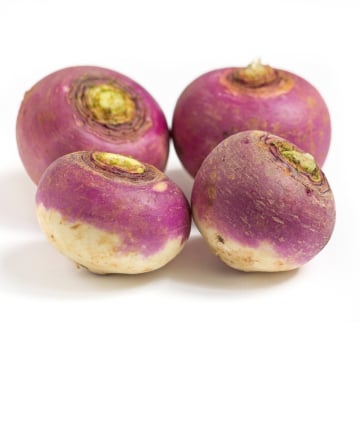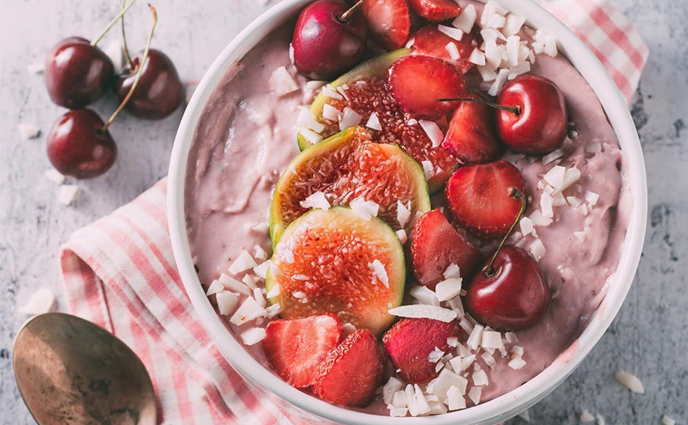These tasty blueberries are not just amazing for dessert: They actually contain the highest antioxidant levels in fruits, making them very nutritious and effective in preventing DNA damage, aging, heart disease and more. Add a handful to your morning cup of oatmeal and you're good to go!
Image via Anfisa Kameneva/EyeEm/Getty
Image via Anfisa Kameneva/EyeEm/Getty
You know what they say, an apple a day keeps the doctor away... and that's because the fruit has lots of vitamins and minerals. It's packed with vitamin C, fiber, B-complex vitamins, calcium, potassium, and phosphorus. It can also help to prevent diabetes, heart disease, and hypertension.
Image via Westend61/Getty
Image via Westend61/Getty
Your immune system needs boost during the colder months, aka cold and flu season. Grapefruits can help you with that, as it contains lots of vitamins C and A, fiber, potassium, thiamine, folate, and magnesium.
Image via Akepong Srichaichana/EyeEm/Getty
Image via Akepong Srichaichana/EyeEm/Getty
Brussels sprouts develop during the cold months. It is an excellent source of vitamin K, A, B, and C. It has a lot of fiber and alpha-lipoic acid. This vegetable is good for the heart, bone, and brain function. It helps in keeping your blood sugar level balanced.
Another bonus? They're super tasty (especially if you fry them up with bacon and carmelized onions!)
Image via Bloxsome Photography/Getty
Another bonus? They're super tasty (especially if you fry them up with bacon and carmelized onions!)
Image via Bloxsome Photography/Getty
This root vegetable should also be part of your winter meals. Just one cup contains half your daily value of vitamin C (and you know vitamin C is important to keep your skin and hair glowing!). Rrutabagas also have potassium, B vitamins, magnesium, manganese and phosphorus, which are beneficial for your heart health and blood pressure.
Image via CreatiVegan.net/Getty
Image via CreatiVegan.net/Getty


